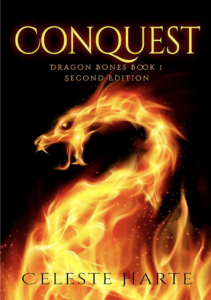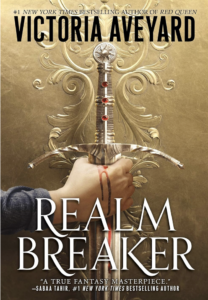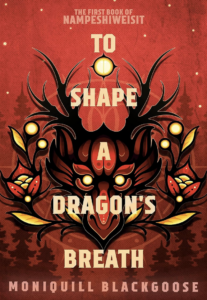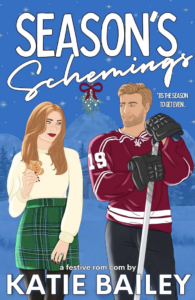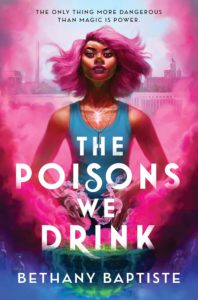
Unicorn Treasures Part 1
Bookish Thoughts
I am black.
I am female.
I use a wheelchair.
I was born in the Caribbean.
Growing up, each of those attributes was difficult to find in my reading material. In fact, the idea of seeing characters with a combination of any of those never even crossed my mind. (Well, it started to, but only much later on in my teen years.) And even then, when I discovered some black female main characters, they never were quite like me. White female characters were more common, and then they were also more likely to have the personality I prefer in female main characters.
I do not know why. It may just have been the books I had access to. It may have been that those books were not being imported or considered having an audience in my part of the world. All I knew is that when it came to seeing myself in a book’s characters, it was rare, and something I unconsciously began to not expect.
This happens a lot. Too much.
Why is it a problem?
Because you begin to unconsciously absorb what the ‘important’ people look like. What they sound like. What they think like. Your vision of the ‘right world’ and the ‘right culture’ is shaped by people who seem to not even know or probably care that you exist.
Your subconscious begins to be unwittingly shaped into a very colonial controlled space. It is a world where you do not understand why Enid Blyton’s Golliwog was such a dangerous character until many years after Enid was already your favourite childhood author. These kinds of messages are subtle, but persistent. They become ingrained in you. Especially when reading is your safe space.
A person’s safe space should not be filled with micro aggressions, and a continuous message that how that person looks, feels, and acts will never quite measure up. A message that was, at that time, simultaneously reinforced on television and print media.
So imagine how I felt the first time I read a Terry McMillan book. Or in college when I first read Octavia E. Butler’s Kindred.
There was brain matter and inner thoughts scattered everywhere!
My safe space did not get a remodel.
The whole place was torn down and REBUILT!
From its foundation up!
My mind was on fire. Black female main characters. Who looked like me?! Thought like me?! Impossible!
Now a side note. Growing up, I was exposed to and read local authors. But even then, the main girl would be the sweetest julie mango in the bunch and never looked like me. They had long straight or wavy hair, perfect skin, and were gorgeous, mixed raced, or something else I knew I was not. Something I was told frequently I could never be. So they were women of color, but still unreachable. In my head, the best I could have hoped for was being the side friend. Something I again unconsciously embodied in real life. (See how important representation is. I was shaping myself into the only role I thought I could play in the real world.)
Picture then how I felt reading Terry and Octavia… do you get why there are so many !s above? Great!
I had found black female authors. They were writing stories of love and kinship with characters that looked like me, and felt like I felt sometimes. This had to be utopia. It must have been.
The only thing was… after a while I was over saturated with romance novels. Octavia’s work was difficult for me to get my hands on, and my tastes in reading had become more action oriented. For example, James Patterson had a hold on me for years with Alex Cross. I was reading Ken Follett. I had discovered sci-fi and high fantasy, but those were worlds dominated by white men. They had me enthralled, though. Dragons, adventures, space ships were my new space, and I stayed. I was content and reading.
It never even crossed my mind that better, and then best ever, and then my UNICORN TREASURES were yet to come.
I remember the day I found Tamora Pierce. Her writing was hypnotic, accessible. The women in her books felt different, looked different (One major one even dressed and passed as a boy, and as a woman who mainly wore pants I appreciated that immensely!).
Hell, some of them did not even think of men and being married as their ultimate goals.
What? Really? Yuh lie! Tell me more!
(If you have not read Tamora Pierce. Run, do not walk and get her stuff now.)
Then I found people like J.D. Robb (who is really Nora Roberts), writing about Eve, a cop, who reminded me of ME! And also of the women in my life who kept me going when I had nothing left. Eve was so strong. She overcame hell. She figured out how to love in spite of her personal issues. To this day, the In Death Series is one of my safe book spaces. Eve does not look like me, but I feel me in her. Her friends look like me. People she respects and loves look like me.
The In Death series also introduced me to ebooks in a serious way. And I indulged in that instant gratification of want book get book, immediately. No one can ever know how much money I spent on those first ebooks. It was a lil insane. Just one more, just one more, I kept telling myself. Just. One. More.
I would then be reading on my computer for hours on end. That was in the days when kindles did not exist yet. I know, ancient times lol!
Ilona Andrews, Faith Hunter, and G.A. Aiken came later on. It occurred to me when I found them that I had not read a male author in a long while. Which was interesting, given the hold they used to have on me. And every main female character in these authors’ books was a woman I wanted to be like, or a woman I could clearly see parts of my sarcasm, wit, and walls in.
The women in these books and the people they are surrounded and supported by feel real. They feel ordinary, while being extraordinary. They have faults. They argue. They do not accept the status quo, but then bitch about being given the responsibility of changing and maintaining the new ideals. All while their friends laugh at their ridiculousness. Their friends’ help and love them, but also point out their ridiculousness.
Magnificent reading, all of them give me that. And I sincerely thought this was the best ever. This was the pinnacle of reading for me.
But wow, was I wrong.
(Apparently I have more than I realised to say on this topic. Click here for Part 2.)
Share with a Book Buddy!

